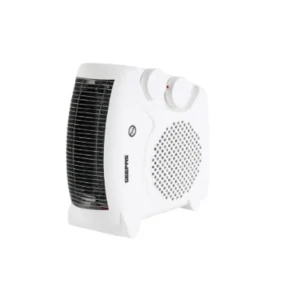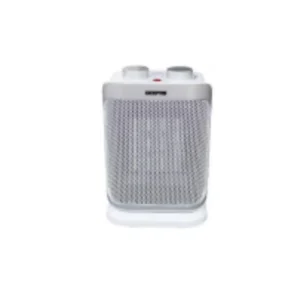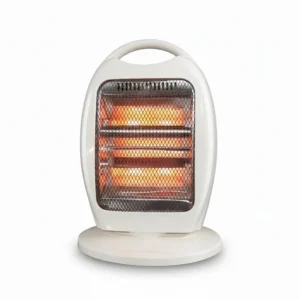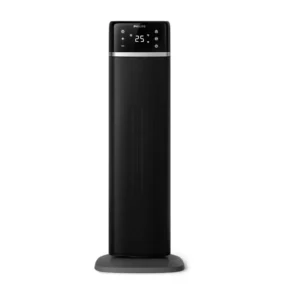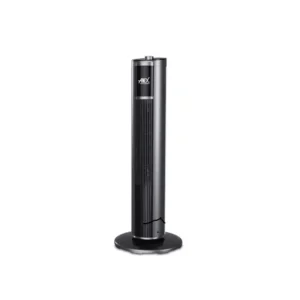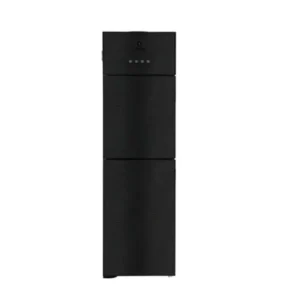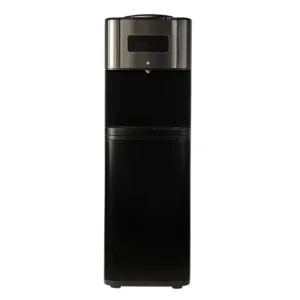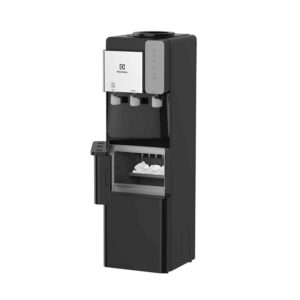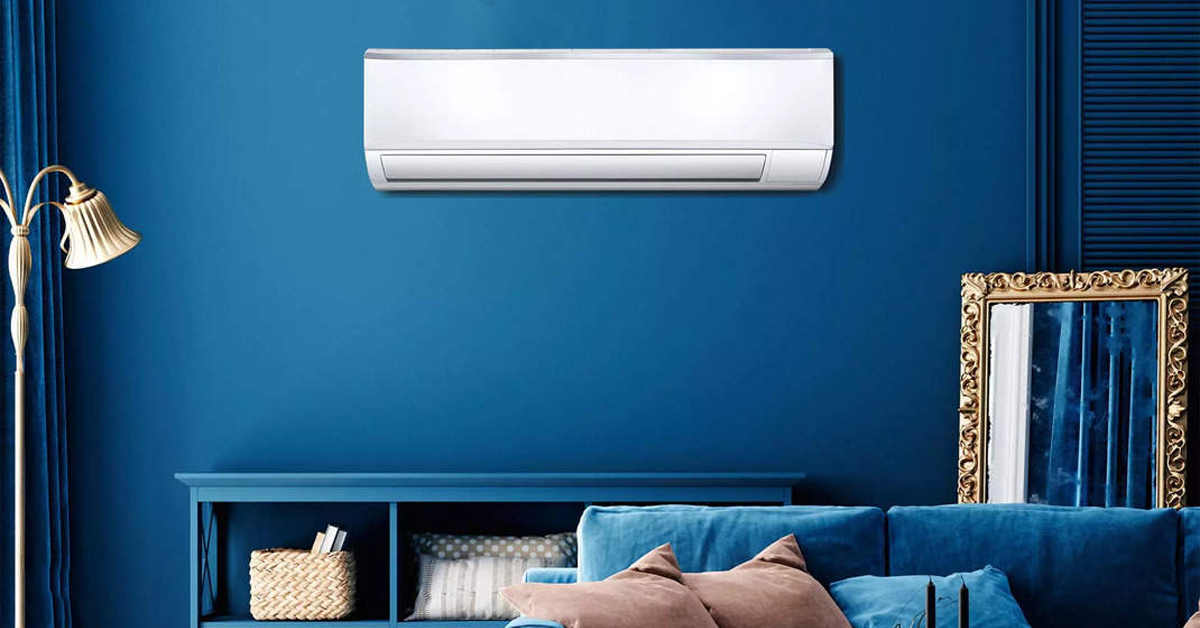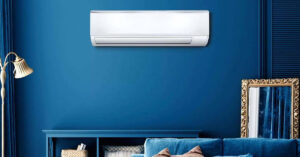The summer heat is becoming more intense every year, so air conditioners are becoming a necessity rather than a luxury. They are becoming more energy-efficient, quieter, and feature-rich as technology develops. This buying guide will provide you with the knowledge you need to make an informed decision and keep cool all summer long if you’re in the market for a new air conditioner in 2023.
1. Assessing Your Cooling Needs
It’s crucial to determine your cooling demands before delving into the technical details and features of air conditioners. Take into account your budget, the climate in your area, and the size of the room or area you wish to cool. Knowing these variables will enable you to choose the best cooling capacity, energy efficiency, and air conditioner type for your needs.
2. Types of Air Conditioners
- a) Window Air Conditioners: These AC units are the most prevalent and cost-effective ones. They are intended to cool a single room or a small area and fit into a window opening. Although window air conditioners are generally simple to install, they may block the view outside.
- b) Split Air Conditioners: Split air conditioners have two units: an inside unit and an outdoor one. While the outdoor unit is located outside, the indoor unit is positioned within the room. Split units operate more quietly and provide superior cooling. They work well for cooling larger areas or rooms with several occupants.
- c) Portable Air Conditioners: The mobility of portable air conditioners allows for easy movement between rooms. They include a hose that can be used to vent hot air through a wall or out a window. Those who are unable to install a window or split air conditioner should use portable air conditioners.
- d) Ducted Air Conditioners: Ducted ACs are concealed in the ceiling or floor and provide centralized cooling for an entire house or building. They are perfect for huge areas or multi-room homes.
3. Energy Efficiency
When buying an air conditioner, energy efficiency is a crucial factor. Seek out models with a high energy efficiency rating, such as those that have earned the Energy Star label. These devices use less electricity, which lowers your energy costs and lessens your carbon imprint.
4. Cooling Capacity
The units used to measure the cooling capability of an air conditioner are British Thermal Units (BTUs). It shows how much heat an air conditioner can remove from space in an hour. The optimum cooling capacity must be selected to provide the best performance. A unit with inadequate BTUs may have trouble cooling the space, while one with too many BTUs will repeatedly cycle on and off, wasting energy.
5. Additional Features
There are several features on modern air conditioners that improve comfort, convenience, and air quality. Here are some typical features to consider:
- a) Programmable Thermostats: These enable you to schedule cooling cycles and choose preferred temperatures, so maximizing energy efficiency.
- b) Smart Connectivity: By using smartphone apps, you may be able to remotely manage some air conditioners and make adjustments while you’re away from home.
- c) Sleep Mode: With the help of this feature, you may create an energy-efficient sleeping environment by adjusting the fan speed and temperature.
- d) Dehumidifiers: Dehumidifiers installed in air conditioners can take out extra moisture from the air, improving the comfort of your home.
- e) Air Purification: To provide better indoor air, certain models include air purification technologies including filters that trap allergies, dust, and pollutants.
6. Noise Levels
Pay attention to the air conditioner’s noise levels if you’re sensitive to noise or prefer a quieter environment. Choose models with lower decibel (dB) ratings because they operate quietly.
7. Installation and Maintenance
Your air conditioner needs to be installed correctly and maintained frequently to operate well and for a long time. Split and ducted air conditioners may need professional installation, whereas portable and window air conditioners are generally simpler to install. The unit will be correctly positioned, sealed, and linked to power sources if a qualified technician is hired.
To maintain ideal circulation and indoor air quality, maintenance requires routine filter cleaning or replacement. Additionally, it’s critical to clean the coils and clean the outdoor unit of any trash or impediments. Your air conditioner will last longer and operate more efficiently with routine maintenance.
8. Cost Considerations
It’s important to take both the initial cost and ongoing operating costs into account when buying an air conditioner. Energy-efficient models can end up saving you money over time because of their lower energy consumption. Check the warranty coverage as well because it can preserve your investment and provide you peace of mind.
9. Environmental Impact
As global concern for the environment continues to grow, it’s crucial to choose air conditioners that have a low environmental impact. Consider buying a model that uses environmentally friendly refrigerants, like R-410A or R-32, which have less of an effect on the ozone layer and cause less global warming. Also take into account the unit’s energy efficiency, as lowering energy use helps lower greenhouse gas emissions.
10. Research and Comparison
Spend some time investigating and weighing the pros and cons of various brands and models before deciding. To learn about other people’s opinions and experiences, read reviews, ask for referrals, and look at customer reviews. Pay attention to established businesses that are recognized for their dependability, effectiveness, and top-notch customer service.
11. Seek Professional Advice
Consult a professional if you have questions about the technical details of air conditioners or if you need help choosing the best equipment. Specialists in HVAC or air conditioning may examine your cooling requirements, appraise your environment, and offer tailored solutions based on their knowledge.
Conclusion
n 2023, it’s important to carefully examine your cooling demands, energy economy, cooling capacity, extra features, noise levels, and installation requirements when selecting an air conditioner. You may make an informed choice that will give you the best cooling comfort while being economical and environmentally friendly by evaluating these variables and completing in-depth research. To lessen your influence on the environment and therefore save money, keep in mind to prioritize energy efficiency and take into account long-term running costs. With your brand-new air conditioner, stay cool and relish the summer!


